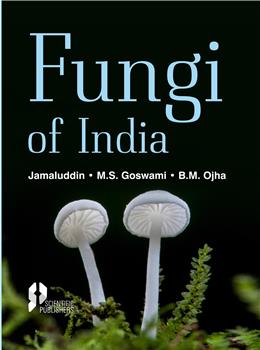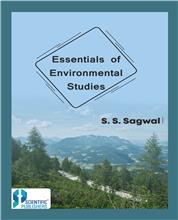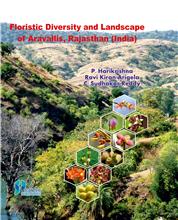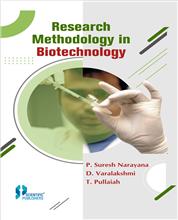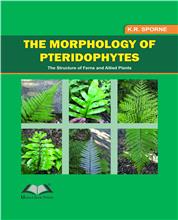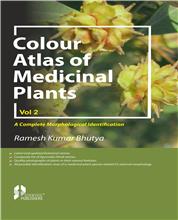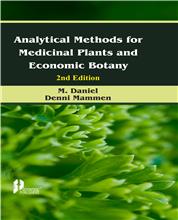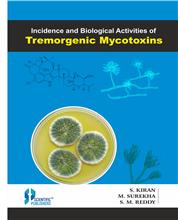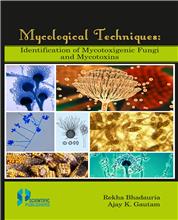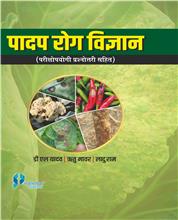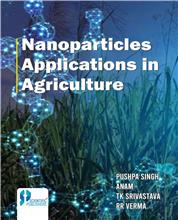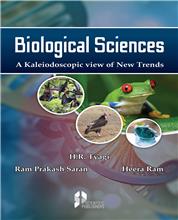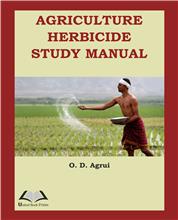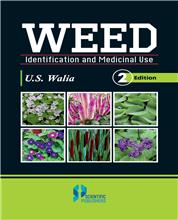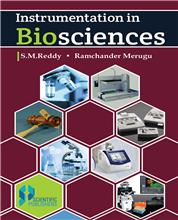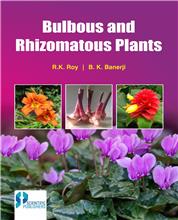Fungal Flora of India is considerably rich and diverse. Biodiversity of Fungal Flora in region is represented by a number of taxonomic groups in different habitats. This is in consequent upon the tendency of fungi, particularly non-host specific saprobes, to have wider distribution than vascular plants. This statement may not be universal for host specific fungi and some polypores. It is a well established fact that smaller the area surveyed the more the species of fungi out numbered than those of flowering plants. The genetic variability of diverse groups of Fungal Flora all over the country have attracted the attention of mycologist to undertake the work on many species of fungi. The work by the Indian mycologist have developed a number of criteria and broaden the scope of biodiversity debate by focusing on its fungal dimension, the magnitude of the task and its implications for systematic, ecosystem functions, the human progress and the conservation of fungi are equally important.
This Book is based on the supplement to the previous contributions by Bilgrami et al. 1991, where a complete list of fungi had been published upto 1988. We hope, the mycologist, plant pathologist and fungal taxonomist may be greatly benefited from this contribution as there is a need for an authentic and up-to-date list of Indian Fungi after 1988. While collecting the literature and documentation, due care has been taken to list out the missing forms and references but, we would appreciate, if any discrepencies are brought to our knowledge for inclusion in our revised supplement.
